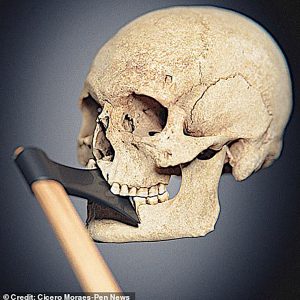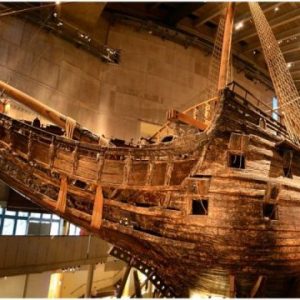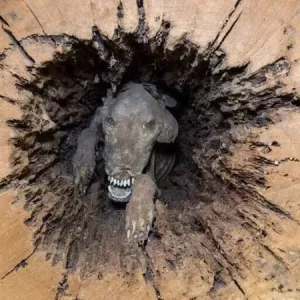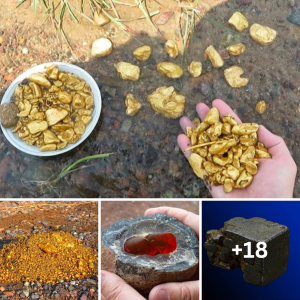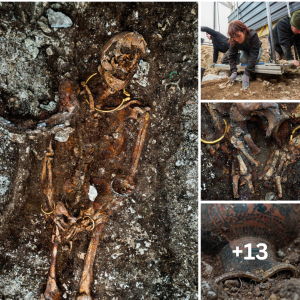A March 22 Facebook post claiming archaeologists dug up human skeletons 7-feet tall with horned skulls in Pennsylvania accrued more than 1,000 shares in two days.
“During an archaeological excavation in Sayre, Bradford County, Pennsylvania in the 1880s, a number of human skulls were unearthed,” the Facebook post reads.
“These skeletons were anatomically correct, except for the anomaly of their projections – two distinct ‘horns’ two inches above the eyebrow, and the fact that their average height in life would have been around seven feet tall.”

T2he post asserts the bones were sent to the “American Investigating Museum” in Philadelphia, where they were stolen – “never to be seen again.”
But there is no evidence to support the claim.
Follow us on Facebook! Like our page to get updates throughout the day on our latest debunks
USA TODAY reached out to the Facebook user who shared the post for comment.
No evidence of horned human skulls, skeletons with gigantism
Some people do grow to unusual size – and ancient skeletons have been found of people suffering from gigantism.
That’s a genetic disorder caused when individuals experience abnormal linear growth due to excessive action of insulin-like growth factors, said Erin Kimmerle, associate professor of anthropology at the University of Central Florida.
“Basically you keep growing even though the growth plates are fused,” Kimmerle said in an email.
“The frequency is believed to be about 8 cases per 1 million people. I am not sure if it was more frequent in the past because earlier testing and treatments are possible now.”

It has been archaeologically excavated since the 1880s
But the horned skull shown in the Facebook post is a fake, Kimmerly said. USA TODAY found no credible news or scientific reports of any such discovery.
Researchers at the Robert S. Peabody Institute of Archaeology described the tale of horned giants in Pennsylvania as a compilation of stories that, with time, took on a life of their own.
Newspaper articles from the 19th and early 20th centuries included multiple versions of the story.
Peabody researchers attributed the references of giant skeletons to misidentified extinct animal species and to written records that exaggerated the height of individuals who were tall for the time.
While the University of Pennsylvania has a collection of 1,300 crania included in the Penn Museum’s Morton Collection, there is no museum with the name “American Investigating Museum, as the post claims. Kimmerle confirmed the museum does not exist.
